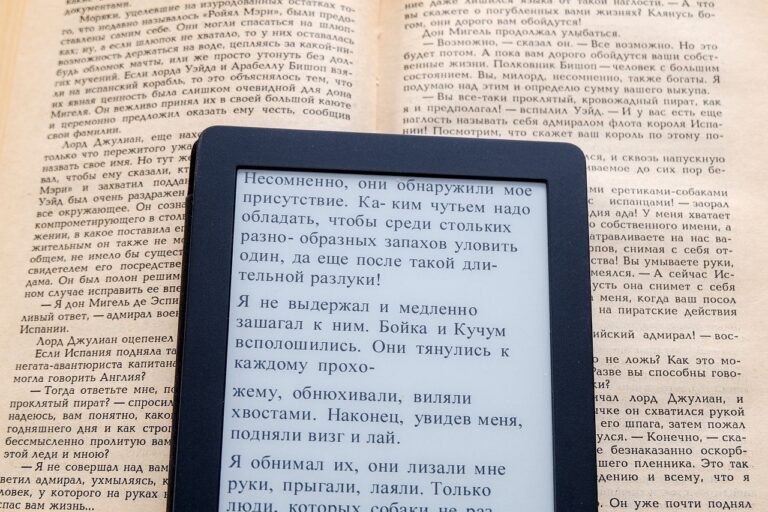Assessing Multilingual Learners: Challenges and Strategies: Betbhai9 login, Radhe exchange registration, 99 exchange
betbhai9 login, radhe exchange registration, 99 exchange: Assessing Multilingual Learners: Challenges and Strategies
If you are an educator tasked with assessing multilingual learners, you may be facing some unique challenges. Multilingual learners bring a diverse set of skills and experiences to the classroom, which can make traditional assessment methods less effective. In this article, we will explore some of the challenges of assessing multilingual learners and provide strategies to help you effectively evaluate their knowledge and skills.
Understanding the Challenges
1. Language Barrier: One of the most significant challenges when assessing multilingual learners is the language barrier. These students may be proficient in their native language but struggle with English, making it difficult to accurately assess their understanding of academic concepts.
2. Cultural Differences: Multilingual learners may come from different cultural backgrounds, which can impact their learning styles and preferences. This can make it challenging to create assessments that are culturally sensitive and inclusive.
3. Limited Language Support: In many cases, multilingual learners do not have access to adequate language support, such as bilingual dictionaries or translators. This can impact their ability to fully demonstrate their knowledge and skills on assessments.
Strategies for Effective Assessment
1. Use a Variety of Assessment Methods: To accommodate the diverse needs of multilingual learners, consider using a variety of assessment methods, such as oral presentations, group projects, and hands-on activities. This can help students demonstrate their understanding in different ways.
2. Provide Language Support: Offer multilingual learners access to language support resources, such as bilingual dictionaries or language learning apps. This can help them better understand assessment questions and demonstrate their knowledge effectively.
3. Clarify Expectations: Clearly communicate assessment expectations to multilingual learners, including the criteria for success and any language-specific requirements. Providing examples and scaffolding can help students understand what is expected of them.
FAQs
Q: How can I ensure that assessments are culturally sensitive?
A: To ensure that assessments are culturally sensitive, consider incorporating diverse perspectives and examples in your questions. You can also consult with other educators or cultural experts to review your assessments for any potential biases.
Q: What are some strategies for assessing multilingual learners in a remote learning environment?
A: In a remote learning environment, you can utilize digital tools and platforms to provide language support, such as translation features or captioning. Consider offering additional one-on-one support sessions for students who may need extra assistance.
In conclusion, assessing multilingual learners presents its own set of challenges, but with the right strategies and support, educators can effectively evaluate these students’ knowledge and skills. By understanding the unique needs of multilingual learners and implementing inclusive assessment practices, you can help all students succeed in the classroom.







